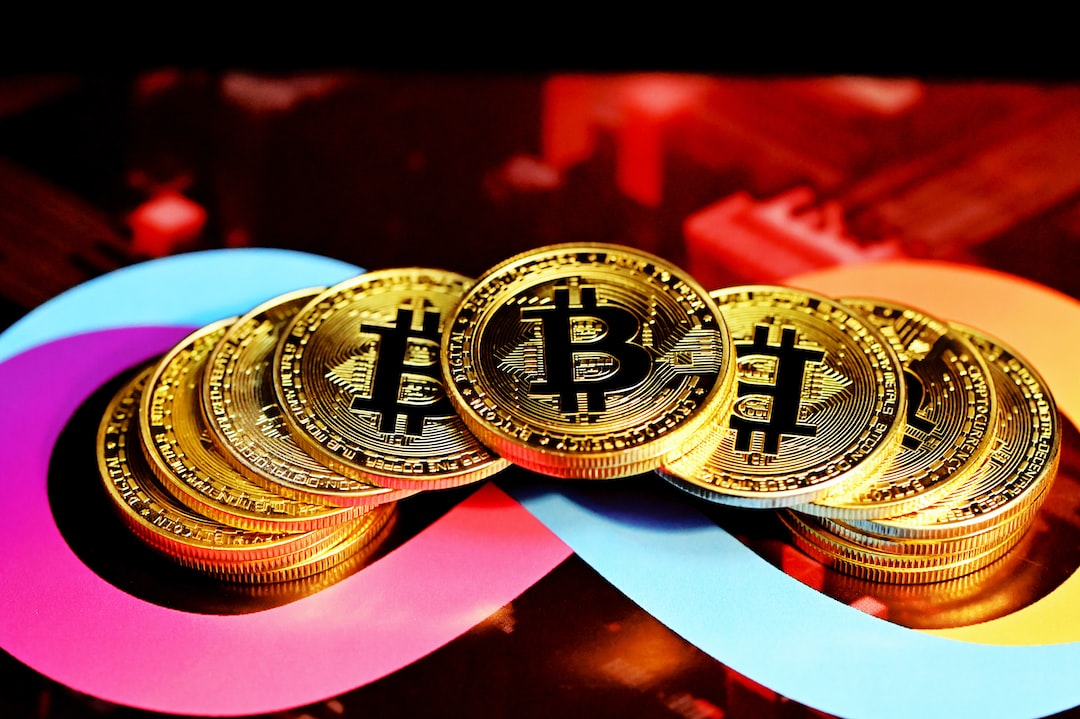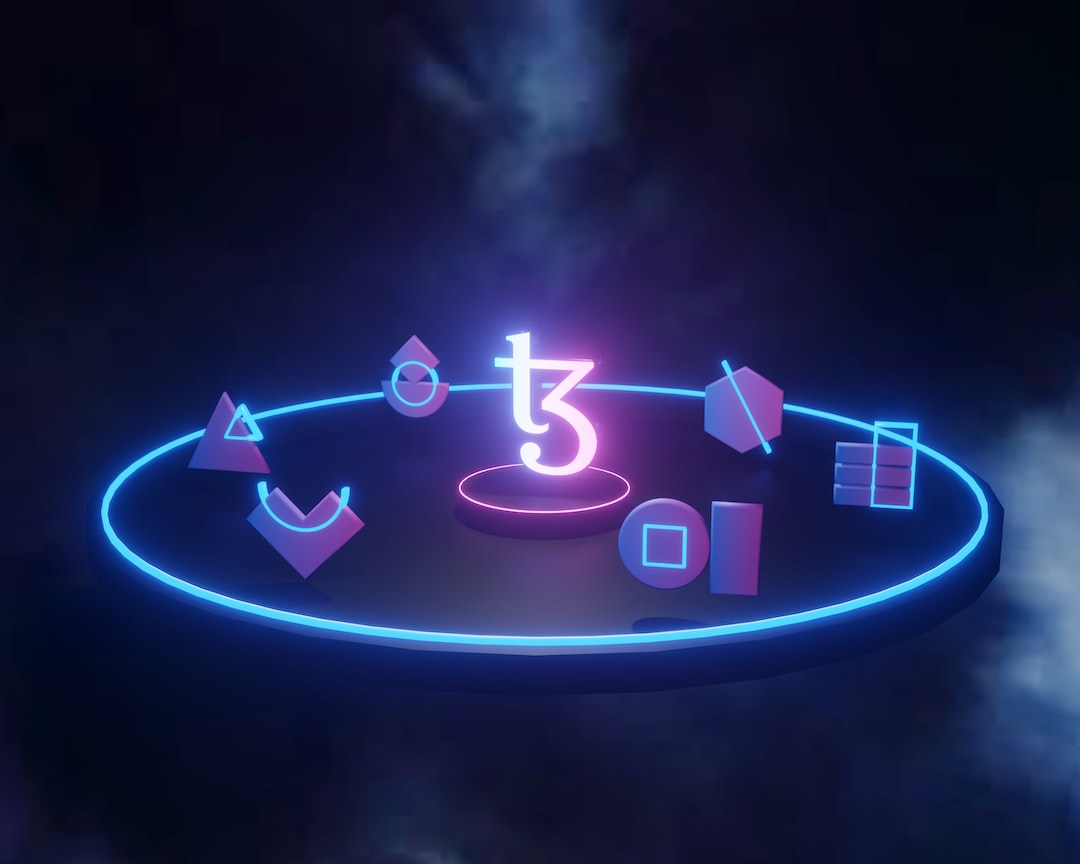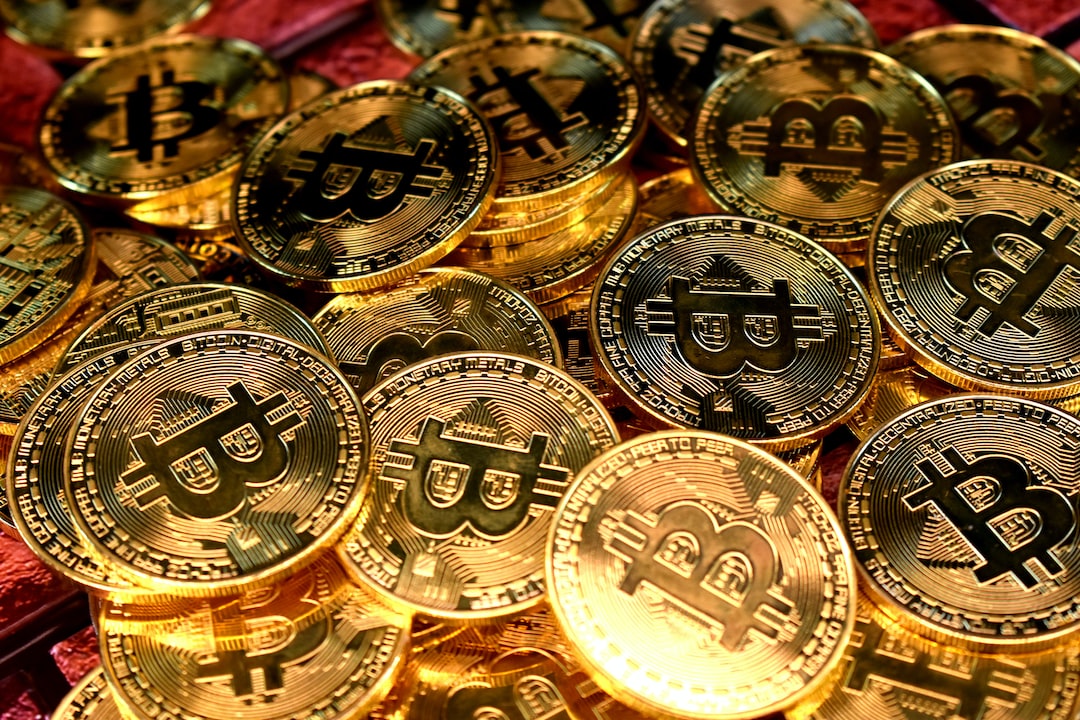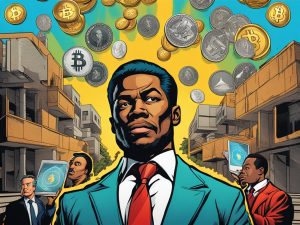Musk’s Take on NFTs: A Critical View
Elon Musk, the billionaire entrepreneur and crypto enthusiast, recently expressed his criticism of non-fungible tokens (NFTs) during an appearance on the “Joe Rogan Experience” podcast. Musk’s comments have sparked a conversation within the crypto community.
“The funny thing is the NFT is not even on the blockchain—it’s just a URL to the JPEG. You should at least encode the JPEG in the blockchain. If the company housing the image goes out of business, you don’t have the image anymore.”
Concerns Surrounding NFTs
Musk’s critique reflects a common concern among early adopters of NFTs. This issue gained attention when high-profile NFT sales, like Bored Ape and CryptoPunks avatars, generated massive profits in 2021. The problem becomes more significant when considering instances like Mike “Beeple” Winkelmann’s tokenized digital art, which sold for $69 million at a Christie’s auction in March 2021.
Musk’s worry about the legitimacy of these digital assets is valid, particularly following the FTX collapse, where NFTs associated with its marketplace became unusable once FTX servers went offline.
The True Nature of NFTs
Understanding what non-fungible tokens truly represent is essential in light of Musk’s comments. Rather than embodying the artwork or digital asset itself, NFTs serve as receipts or proofs of ownership linked to digital art, video game items, physical objects, or other assets. Some NFTs are connected to decentralized blockchains, making them immutable and resistant to censorship. In other cases, NFTs signify ownership of real-world items.
Bitcoin’s Ordinals: An Alternative
An interesting parallel to the NFT ecosystem exists within Bitcoin. The Ordinals protocol allows users to “inscribe” artwork and media directly onto the blockchain. This approach differs from Ethereum and other blockchains that rely on smart contracts to create NFTs.
With Ordinals, artwork or media is associated with a single satoshi, the smallest unit of Bitcoin, and given a unique inscription number that will exist as long as the Bitcoin network remains operational.
Musk’s remarks have resonated with Bitcoin advocates and Ordinals supporters who argue that his comments highlight the advantages of Ordinals over traditional NFTs on Ethereum and other blockchains.
Hot Take: Musk’s Valid Concerns about NFTs
Elon Musk’s criticism of NFTs not being properly encoded in the blockchain raises valid concerns about the legitimacy and longevity of these digital assets. While NFTs serve as proofs of ownership, their reliance on external URLs for content storage poses risks if the hosting company goes out of business or if servers go offline. This issue has been a long-standing criticism within the crypto community.
However, alternatives like Bitcoin’s Ordinals protocol offer a different approach by directly inscribing artwork and media onto the blockchain, ensuring their permanence. Musk’s comments have shed light on the advantages of such alternatives over traditional NFTs, sparking further discussion in the crypto space.





 By
By
 By
By
 By
By

 By
By
 By
By